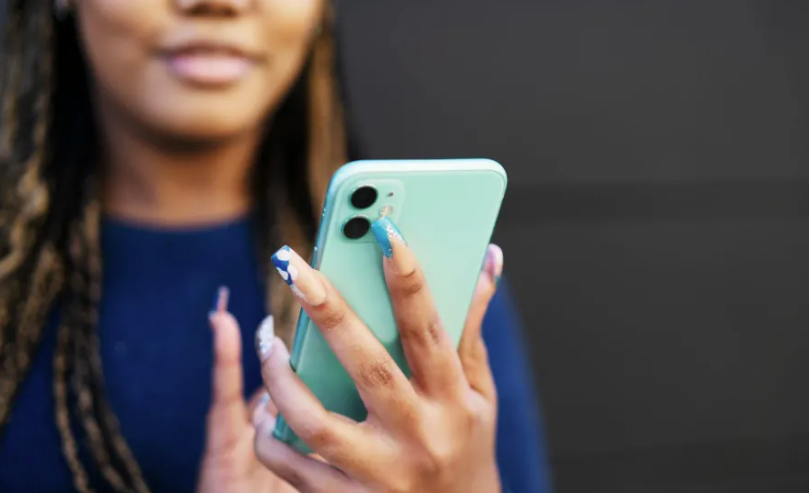
Instagram disclosing that it lowers the quality of older, less popular videos has been criticised as "alarming" by creators.
Some users of the Meta-owned social media platform expressed concern after its boss Adam Mosseri said it reserved higher quality for more popular content.
"We bias to higher quality... for creators who drive more views," Mosseri wrote in a post on Threads on Sunday.
One creator told the BBC this was "disheartening" for those who have pivoted to producing content for Instagram over other platforms.
"I think it is incredibly harmful to the creative's art," Siete Savone said.
The 25-year-old creator said she loved using the platform and understood its need to update and add new features.
But she said it should draw the line with moves "actually affecting the quality of someone's original artistic work".
"No one should have to worry about the quality of their content not being retained due to Instagram retaining an "engagement bias" in favour of creators with more visibility," she said.
Mosseri said Instagram reduced the quality of videos that had not been watched for a long time - saying most views occurred soon after publication.
The platform would improve a video's quality again if it got more popular, he added.
Social media consultant Matt Navarra told the BBC the move "seems to somewhat contradict Instagram's earlier messages or efforts to encourage new creators".
"How can creators gain traction if their content is penalised for not being popular," he said.
And he said it could risk creating a cycle of more established creators reaping the rewards of higher engagement from viewers over those trying to build their following.
"The playing field amongst small creators and big creators alike should be even," Siete said.
Cost versus quality
Underlying Instagram's decision is the cost of streaming videos.
Videos that have a higher resolution or contain lots of visual assets such as edits, images or other clips can demand more computing power to encode.
These will typically be larger in size than videos in a smaller resolution, meaning they require more storage space on servers.
And one person said in response to Mosseri's post they understood the benefits of potentially reducing storage cost, but it did not outweigh the negatives.
"From a creator’s perspective, spending time on creating high quality content just for it to be downgraded to low resolution sucks," they said.
In May, Instagram announced changes to its system for recommending content, particularly video, to "give all creators a more equal chance of breaking through".
However, Navarra said he agreed with Mosseri's assertion - when responding to user concerns about the impact on smaller creators - that people will always value a video's content over its quality.
He said creators should focus on how they can make engaging content that caters to their audience, rather than be overly concerned by the possibility of its quality being degraded by Instagram.
Mosseri clarified to users on Sunday that Instagram does not decide to reduce or improve the quality of individual videos, but rather does so in an "aggregate" way and on a "sliding scale" - adding he believed the difference in quality "isn't huge".
"The goal is to show people the highest quality content that we can," he said in his initial video response.
The BBC has asked Instagram for more information.
The social media platform's attempts to make video more key to its app experience have previously resulted in backlash from some users and creators.
In 2022 it reversed plans to shift further away from its traditional photo or so-called "grid" post format towards a TikTok-style focus on short form video content after it was criticised by creators and celebrities including Kylie Jenner.










